|
Aaand we’re here.
Assessment period, season or, rather, an everlasting storm of frantic cramming. When we started a two year course for GCSEs/ A-levels/ Btecs I don’t think any of us thought we’d be assessed like this (and, if you did, scrap all career plans to make it as a fortune teller). The social, political and educational changes we’ve seen over the past two years have been absolutely immense… I mean, schools haven’t closed like this for over a hundred years. It’s not exactly been a twenty four month snow day though, has it? As we draw to the end of it all, I’ll be talking about what’s kept us more or less sane throughout this period- our mind!
0 Comments
Push would like to introduce the not-for-profit organisation, Future Frontline. We strive to give you as much relevant information as possible, be that through us or another extremely useful resource. Future Frontline is one of those resources. Check out their website, or search for ‘Future Frontlines’ in Spotify, Apple podcasts and Google podcasts.
Well, I’m sure none of us thought we’d still be in this situation a year ago. As much as things seem to feel the same, or even worse after 12 months of a global pandemic, it’s important to acknowledge how far we’ve come.
Globally, the vaccines have given us a lot of hope to return to a ‘new normal’, but on a personal and social scale, we’ve almost made it through COVID-19! We’ve all faced our own challenges, whether that’s losing a loved one, coping with mental health issues or keeping up with schoolwork; I can’t stress enough how important it is to recognise the challenges these 12 months have brought. Give yourself some credit for what you’ve been through! Researching and supporting a cause that matters to you this Xmas not only helps you. It can massively help others.
Supporting causes can help you work out what you want from life. Careers in the 21st century, when we are likely to work for longer than ever (and for different companies), will be based much more on company values and ethics than older generations - who tended to focus on a paternal "you'll move up through the ranks from apprentice to retirement" arm around the metaphorical shoulder, driven by financial security first, a job-for-life second, and perhaps striking lucky and enjoying your career third. Younger people, via social media, are much more aware of global issues and therefore how they want to fit into them (and ideally solve or improve them). It feels like a lifetime has passed since last month’s blog. And in that month, I’m sure many have had to undertake that dreaded two week isolation period… including me. Before the half term and even now, many schools and colleges have been sending pupils or even whole year groups home… including mine.
Well, lucky for you, I’ve got some first hand tips on how to mentally cope with (unfortunately, but inevitably) working from home. We all knew that going into school after a six month break would not look normal. Schools and teachers are all doing their best to make things run smoothly, even when there’s an imminent risk of a class being randomly eliminated. It’s like coronavirus is playing a pac-man video game to destroy the education system completely. With weapons of hand sanitisers and one way systems, it looks like schools are putting up a good fight.
Although you may not have had to self- isolate at home, the thought doesn’t seem as scary as before. Hopefully, by now, you have seen many procedures to make a potential quarantine at home easier. Luckily technology has rapidly advanced from the last time schools have had to close a century ago. It’s promising to see an abundance of lesson resources to help students who are self-isolating readily available online if needs be. This can be beneficial even if you are not working from home, for example, lesson powerpoint being uploaded onto your online portal for use in your revision. This year has drove us inside our homes more than ever. We’ve all taken up a number of things to try and fill our times the best we can. From all becoming master bakers, taking our chance at cutting hair or finally picking up and learning how to play the recorder.
One of the saving graces of the lockdown was how technology allowed us to stay connected to our friends and family, but our relationship with technology has to be kept under control otherwise it has the potential to spiral into something that can have detrimental effects on our mental health. Work experience: cancelled. Taster days: cancelled. University open days, you guessed it... cancelled.
Sinking into the sofa, many have felt like the whole of higher education is getting cancelled. Six months into lockdown, however, you start to realise that the world is actually at the tip of your fingers. We are the generation of technology. The generation of endless screening. Even though work experience for many is cancelled, when a global pandemic forces us indoors, we’ve never felt more at home. Due to the COVID - 19 pandemic the year 2020 has come to a sudden pause. Due to the lockdown, both normal lives and the world economy faced a massive blow. Unemployment has shot up due to the pandemic effect. Unfortunately, among them, some students also lost their part-time jobs. A recent NUS report also stated that 80% of UK students are still struggling with their finances due to the COVID-19 outbreak.
Covid-19 has caused a lot of heartache and head scratching for us all...particularly you year 11s, 12s and 13s out there.
Ironically, even though you haven't been able to sit your GCSEs and A Levels, you've been tested more than ever during these last few months: in your motivation, and your ability to work remotely under varying socio-economic conditions (and stressful or non-stressful household circumstances). Remember that just by you being willing to engage daily with your learning between now and September, and motivate yourself to attempt even the smallest of positive learning habits each day, you will be developing a game-changing attitude, and rock-solid resilience, compared to any other teenage generation since war time. The deadlines have passed for your decisions on your university offers so I hope you managed to get your research sorted and were confident and comfortable in your final decision.
Of course, this particular year, the decision was even bigger than usual. The pandemic has meant that we aren’t completely sure what form university will take in September and so it may feel like there’s a bigger risk of committing to an undergraduate degree. Right about now, you should be thinking about your student finance for next year. So if you haven’t completed your application, do it very soon. Although right now there is, of course, some changes to the process in light of the Covid-19 situation.
These are the most important changes to know if you're applying for Student Finance in the middle of a pandemic. It’s extremely strange at the moment, as you should be revving up and revising to get ready for your exams but instead, poof....they're cancelled. What may have seemed like a pipe dream to some people, has actually happened.
We briefly went over how these are now being calculated in our blog here and there’s a more thorough, up-to-date explanation on the situation on the government’s website here as well. But just because exams are cancelled doesn’t mean you shouldn’t be doing anything right now. Who knows when you’ll be asked to return to school, but you don’t want to turn up and be completely unprepared. So what exactly can you do right now to prepare yourself for when you go back and what might the changes be when you do? With schools and universities all currently closed, and a return date uncertain (at the time of writing), the question of how we are going to return is starting to come up. While we’re waiting for government advice on how this might come about, universities have started considering the possibility of starting next academic years' terms entirely online.
An issue however is that universities aren’t considering any sort of reduction in tuition fees because of this, as the BBC has discovered. Understandably students aren’t happy about this and there’s good reason not to be. Being off campus doesn’t just mean you’re missing your lectures and seminars, it also means you’re not able to utilise all of the facilities that you’re paying for with your tuition fees. So what are you actually paying for with your fees? Whilst basing your grades on the work you’d done up until 20th March might not seem fair as you didn't get Easter to hand in any great work based on past papers (naturally people improve the closer to the exams it gets), getting your teachers to take responsibility for your final grade does take away the potential pitfall of the exam itself…and we mustn't forget how many students' nerves get the better of them on the day.
A "winner takes all" approach doesn't work for every student. I’d say it doesn’t work for most and isn’t a healthy way to grade long-term effort and progress, and it certainly isn’t reflective of the working environment most people will find themselves in, where every single day, the realities of the job (and keeping it) is the grade One thing we can all agree on as we go into another week of lockdown is that it isn't always easy. No matter who you're with and where you are, there are days when it might just seem a little harder, and that's fine.
The same is happening to you, me, your guardian, your best friend, your favourite celebrity. Everyone. So don't worry about it. It's normal. So how do we make sure we're looking after ourselves in these unexpected circumstances and make sure that we aren't going stir crazy all cooped up inside like battery hens (Remember to buy free range folks!) Right now you should be receiving your offers from universities but then a little thing called a global pandemic happened and everything's been put on hold until everyone can work out just what to do.
At the minute the government has asked all universities to stop making unconditional offers or amending existing offers until at least April 20th. This is so you don't feel pressured to accept these already. They've also extended the May offer deadline for undergraduate applicants and if you've sent in your UCAS application they should contact you via email with the new decision deadline date. So this year we've had a shakeup in the way that things are going to happen.
Exams are cancelled, you're getting assigned your grades from your predicted grades (it seems at the minute) and the government and all schools, colleges and universities are working out the best way to do this fairly. It's all a bit up in the air at the minute while the world has gone a bit bonkers. And what does no exams mean? Well it certainly doesn't mean you have nothing to do right now. School is still in session, so make sure you're keeping on top of the work you do have! We can't imagine what you're going through right now, with news of your exams being called off this summer, but we can try and understand. Our presenter team have all been through the stresses of school, sixth form and college and have tried to place ourselves in this situation, and think of the questions we'd most want answered
Worried about all the fake news and conflicting information when it comes to Covid-19? (Yes, we always sing it to the tune of Come On Eileen, too.) Us lot at Push are no doctors or virology experts, but we can remind you of a few fundamental things…
Now the boring obligatory bit’s done with, what about the rest? Are school closures likely? What do they mean? Thankfully, we’re hearing more and more about mental health in our day to day lives. Whether that’s celebrities speaking up about their experiences or friends sharing their battles, charities fighting for funding or campaigns raising awareness, mental health is finally starting to get the airtime it deserves.
And we’re proud to be champions of mental health awareness and wellbeing – head to our Blog for content from mindfulness to social media detox to cyberbullying. But we know the world’s not perfect yet. Far from it. There are still lots of us who don’t feel able to speak up and get help when we’re struggling. And though statistically more women suffer with mental health problems than men, men are far less likely to seek out help until they reach crisis point. It’s a nasty thing to think about, and is often the unspoken elephant in the room, but when a fifth of all young people are victim to it, how come bullying is still such a taboo subject?
A study conducted by charity, Ditch the Label, found that 1/5 young people have been subjected to physical, verbal and cyber bullying. And the worst part is that the figures are almost identical to what was found last year – change just isn’t coming fast enough. Here at Push we’re always banging on about how great part-time work can be. And not just for the extra cash, but that’s a bonus all in itself. Bring on that wonga.
And there’s loads of other benefits, too. Moving to a new area to study? You’ll meet loads of new people, make some new friends and being around locals is the best place to pick up insider info on all the best shopping and nightlife spots, best restaurants, top rated take aways, places to hit up and places to avoid. Pretty handy. Sport of some kind is almost always in the news, but it’s been a media frenzy this month. We’re talking Rugby World Cup, World Athletics Championships, World Gymnastics Championships, with names like Dina Asher Smith, Simone Biles and Katarina Johnson-Thompson sweeping the headlines.
So it’s no surprise that sport initiatives in schools are getting some serious attention. Sport England have announced that children should be taught ‘physical literacy’ in the same way they’re taught to read and write to promote higher activity levels and increased fitness throughout life. And if that works, young people’s engagement with exercise and sport shouldn’t end the second they’re no longer forced into PE lessons. It should become a part of life. Most people have some assumptions when it comes to uni, whether they have friends or family who have been before or not. And a lot of those will inevitably revolve around drinking.
Bargain basement uni bars, student clubbing nights with shots for £1, boozy society initiations, house/halls parties galore. It might seem like that’s all there is to the whole degree-earning business. Turns out, a whopping 79% of students are under the impression that ‘getting drunk is part of university culture’. Seems pretty inescapable. And although that’s not really true, and it’s perfectly doable to get through your uni years teetotal if that’s what floats your boat, the tide really does seem to be changing on the booze culture. |
This section will not be visible in live published website. Below are your current settings: Current Number Of Columns are = 1 Expand Posts Area = Gap/Space Between Posts = 15px Blog Post Style = card Use of custom card colors instead of default colors = Blog Post Card Background Color = current color Blog Post Card Shadow Color = current color Blog Post Card Border Color = current color Publish the website and visit your blog page to see the results Categories
All
We're always interested to hear from talented young writers, so if you'd like to feature as a guest author then hit us up for more details.
|
Student blog: What's new?
Author
Write something about yourself. No need to be fancy, just an overview.
This website uses marketing and tracking technologies. Opting out of this will opt you out of all cookies, except for those needed to run the website. Note that some products may not work as well without tracking cookies.
Opt Out of Cookies
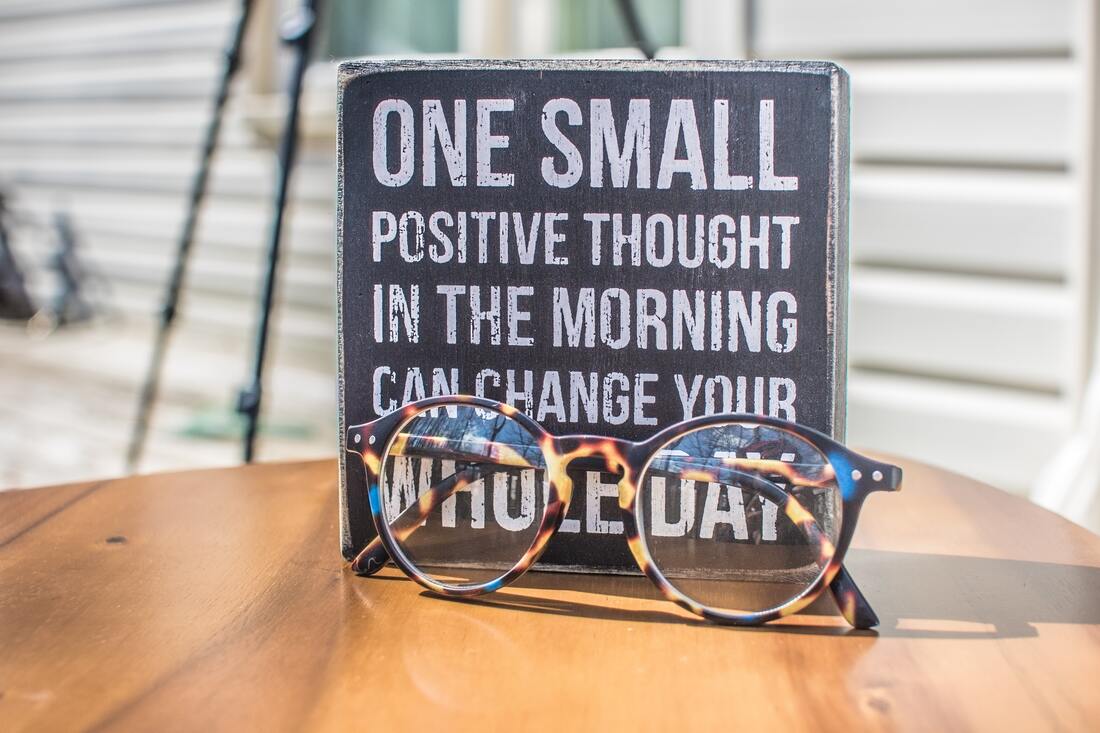


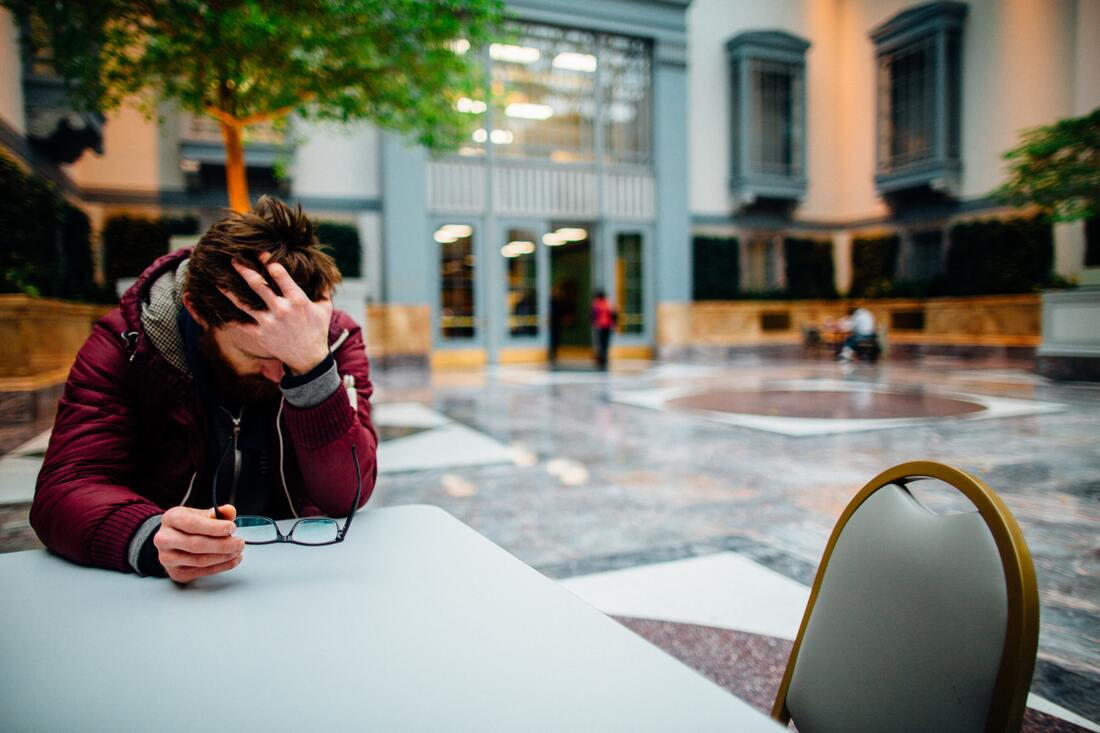








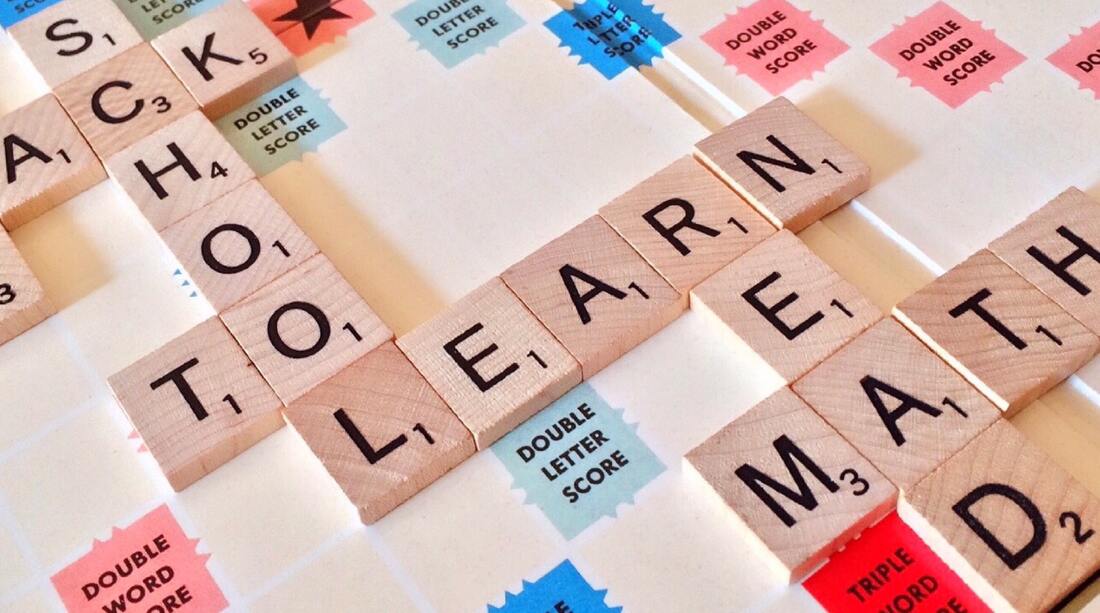
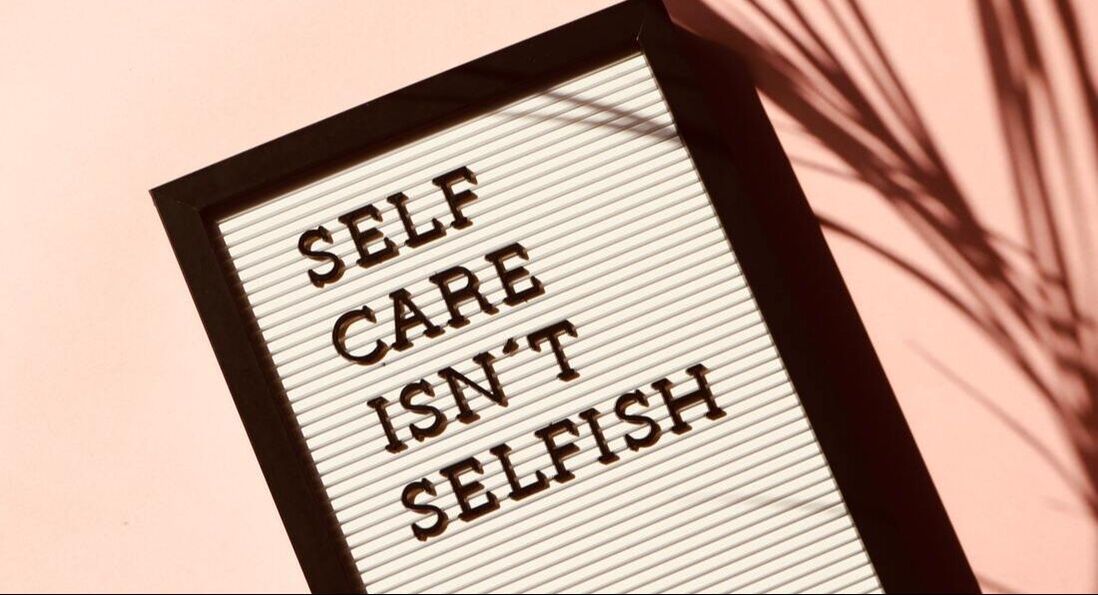


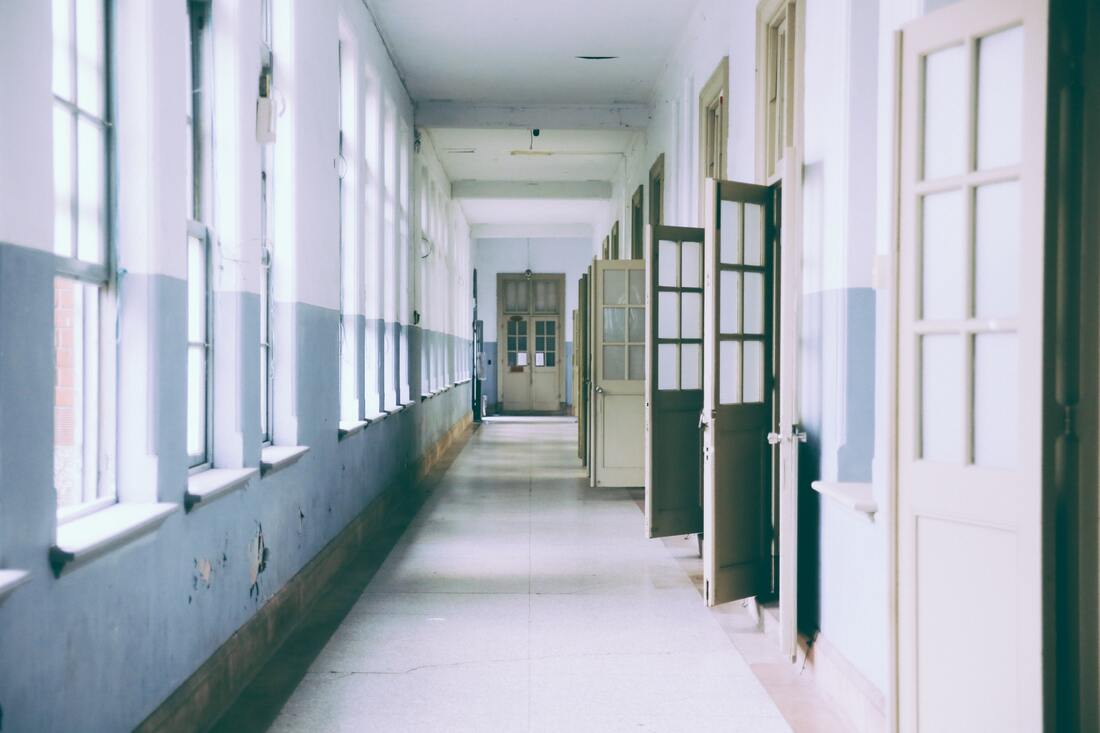


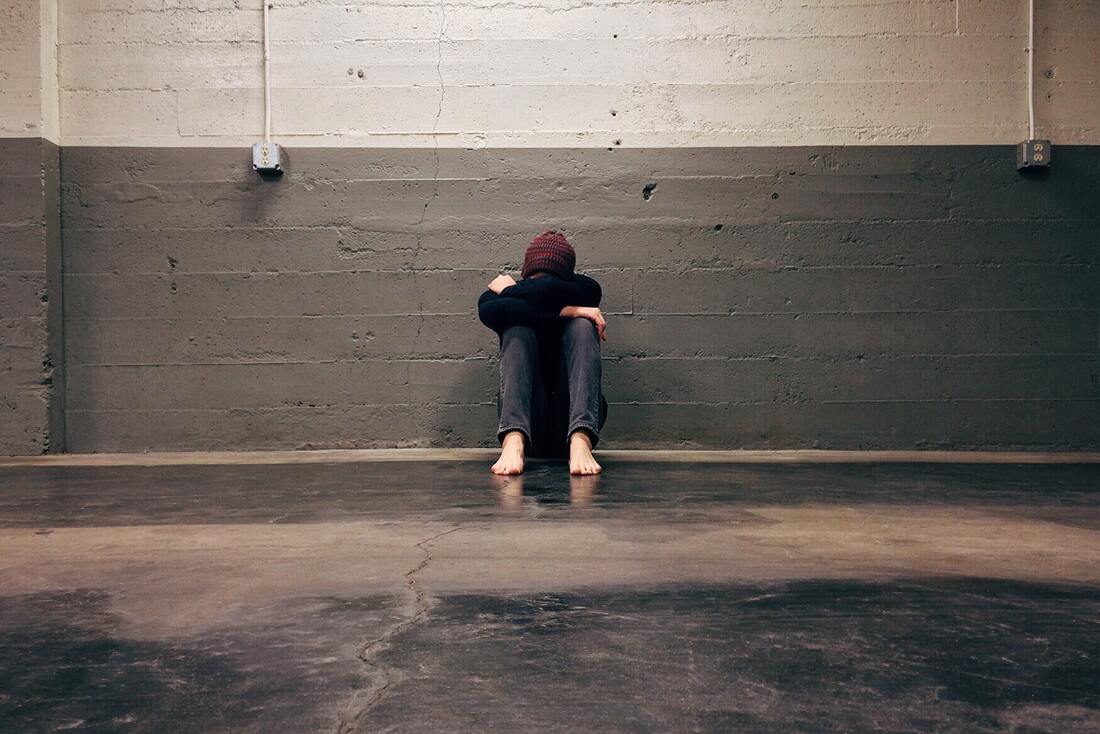



 RSS Feed
RSS Feed